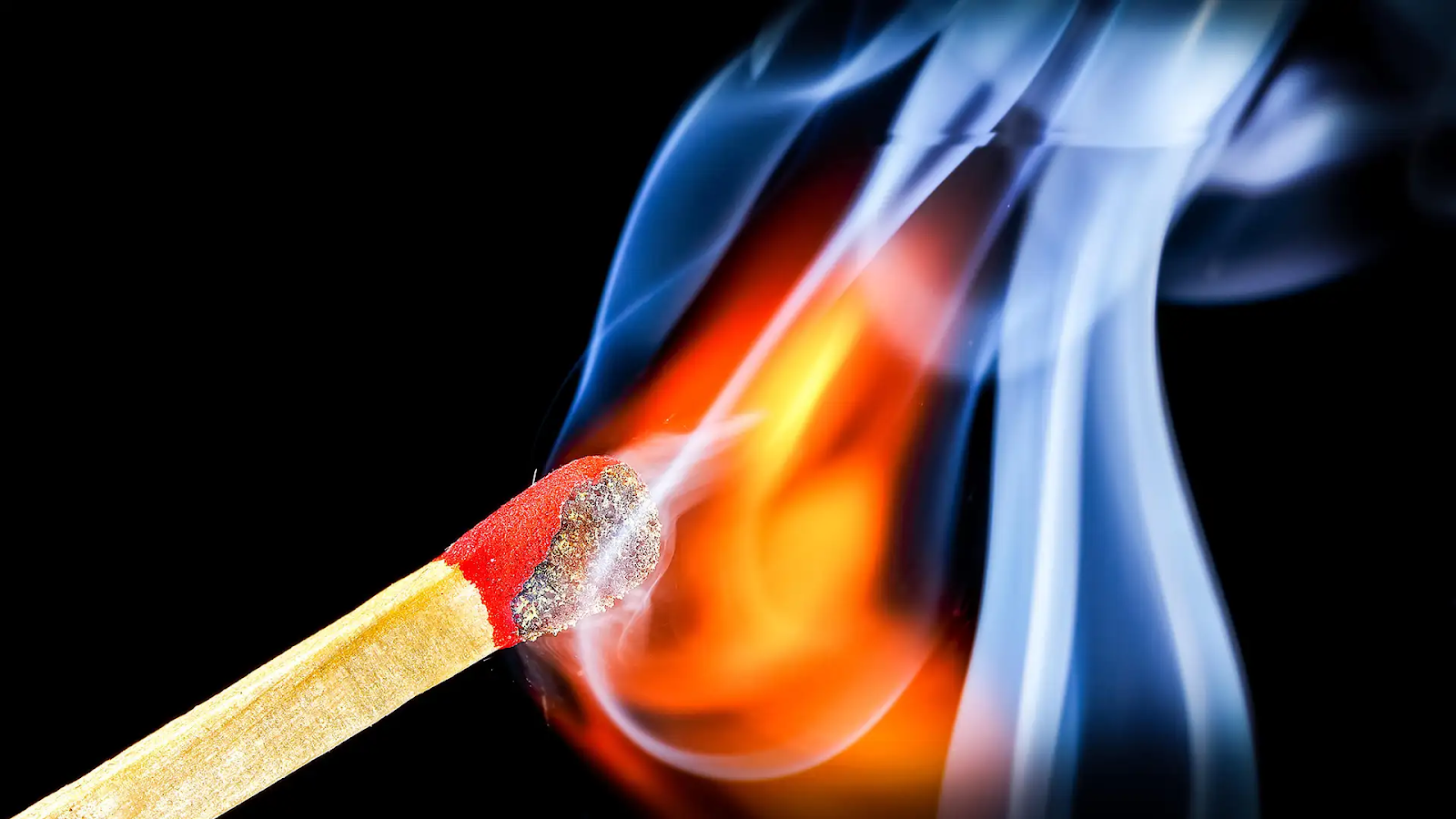ME209 - Thermodynamics

Instructor
Prof. Amit Agrawal
Section
S1 (based on odd/even roll numbers)
Semester
Autumn
Course Difficulty
Moderate (builds on JEE-level thermodynamics)
Time Commitment Required
Initially, it is easy to cope up with the course without much extra effort although the latter half becomes a little involved. It is required to understand the concepts well through extensive problem solving so as to understand the different types of questions. The homeworks, on an average, are doable and the instructor also solves the common doubts. Emphasis on the latter half of the portion (involving the second law of thermodynamics) would help to score better. On an average, a legitimate (;D) two hours per week apart from the usual class hours would be enough to perform well in the course although it may vary from person to person.
Grading
Strict (Caution! ‘Only’ 6 AAs in a class of approximately 80)
Attendance Policy
None except pre-decided tutorials (which accounted for the attendance) were graded
Pre-requisites
None. It is a starter to what comes next in Mechanical Engineering!
Evaluation Scheme and Weightages
The evaluation was based on two quizzes (one in each half semester) homeworks and tutorials (which accounted for 20%), mid semester examination (which accounted for 30%) and end semester examination (which accounted for 50%). Good performance in the end semester exam, therefore, was crucially important for a good grade.
Topics Covered in the Course
Introduction to thermodynamics, Definitions of energy, work and systems, Zeroth Law, First Law, Ideal gas and other gas laws, Steam and steam tables, First law for open and closed systems, Second Law, Kelvin-Planck and Clausius statements, Carnot theorem, Entropy, Second law for open and closed systems, Combination of first and second laws (Carnot cycle, Rankine cycle), Availability and Exergy
Quality of Lectures
The instructor explains concepts well and clears all the doubts but do not expect him to deviate a lot into fancier side-topics. He teaches with quite a good pace and therefore covers much more content than that covered in the other section. He insists on making notes. He teaches mostly on the board and uses slides minimally. Theory, in general, is not very difficult to comprehend but it all boils down to the ability to solve. Therefore, paying attention to the problem solving in class and clearing out doubts in tutorials would be helpful.
Assignments and projects in the Course
Initial set of homeworks were easy, while the homeworks corresponding to the latter half of the topics were quite involved more in terms of formulating the solution and not so much in terms of the theory required. Thankfully, no Project! :D
Exams
Quizzes were easy if tutorials were solved sincerely. And, the difficulty level was consequently upped in the mid semester and the end semester examination. Solving the solved problems in the reference book would help get a better grip over problem solving. But apart from knowing how to solve a problem, it would be essential to be able to solve the problems quickly (especially in the end semester). The questions both in the mid semester and the end semester exam would not be exceptionally different from what you’ve already encountered but the paper overall would be lengthy. Especially, note that the instructor is very finicky about writing units at each step of the problem and you wouldn’t want to lose marks for such mistakes! ;(
Reference Material
Fundamentals of Engineering Thermodynamics by Moran and Shapiro is quite lucid and more than sufficient.
Importance of Course
This course is a base for all topics in Thermal-Fluid engineering and hence it is very essential for research in similar fields. It is a prerequisite for the third year core course - Applied Thermodynamics (ME 306) and in general, the ideal starter for Mechanical Engineering (:P)